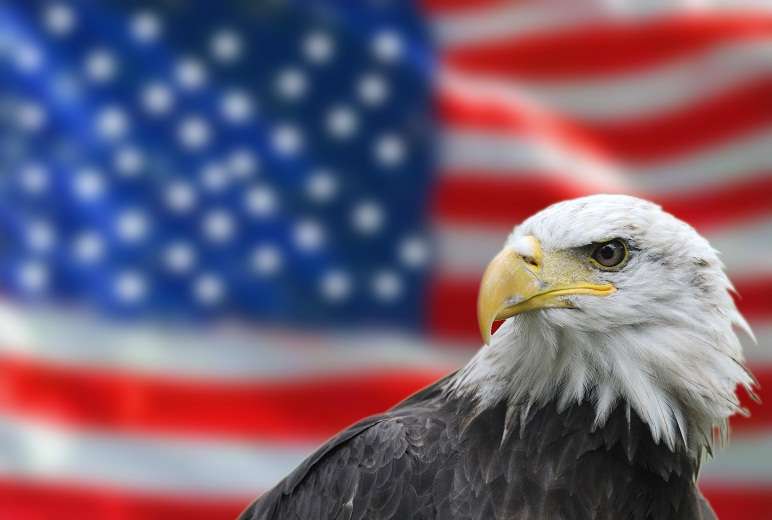

Senior Sergeant Roza Shanina, with 54 confirmed kills, soviet army WW2

 Simo Häyhä, a slight-framed Finnish farmer who didn't stand an inch over five feet tall,Simo was a member of a Finnish organization roughly equivalent to the minutemen
of the American Revolution. He had done his state-mandated one-year
term in the Finnish Army, reaching the rank of corporal, and was living a
peaceful life in a farming village not far from the Russian border,
spending his days farming, hunting, and crushing giant logs into sawdust
with his bare hands.
Simo Häyhä, a slight-framed Finnish farmer who didn't stand an inch over five feet tall,Simo was a member of a Finnish organization roughly equivalent to the minutemen
of the American Revolution. He had done his state-mandated one-year
term in the Finnish Army, reaching the rank of corporal, and was living a
peaceful life in a farming village not far from the Russian border,
spending his days farming, hunting, and crushing giant logs into sawdust
with his bare hands.
When the Soviets crossed the border into Finland
with the expressed purpose of busting Finnish heads, Simo was called up
into service. He went out to the wood shed behind his house, grabbed
his old-school Russian-made Mosin-Nagant M28/30 rifle and headed out to
take some commies behind a proverbial woodshed of his own.He took out 542 Commies with his bolt action rifle.

 Active-duty
field artillery Soldiers from Fort Sill, Okla., deployed from their
home state to Fort McCoy to train on their deployment skills,
joint-service missions and firing skills. So that they could serve faithfully in Desert Shield/Desert Storm!
Active-duty
field artillery Soldiers from Fort Sill, Okla., deployed from their
home state to Fort McCoy to train on their deployment skills,
joint-service missions and firing skills. So that they could serve faithfully in Desert Shield/Desert Storm!  Carlos Norman Hathcock II (20 May 1942 – 23 February 1999) was a United States Marine Corps sniper
with a service record of 93 confirmed kills. Hathcock's record and the
extraordinary details of the missions he undertook made him a legend in
the Marine Corps. His fame as a sniper and his dedication to
long-distance shooting led him to become a major developer of the United
States Marine Corps Sniper training program. He was honored by having a
rifle named after him: a variant of the M21 dubbed the Springfield Armory M25 White Feather.
Carlos Norman Hathcock II (20 May 1942 – 23 February 1999) was a United States Marine Corps sniper
with a service record of 93 confirmed kills. Hathcock's record and the
extraordinary details of the missions he undertook made him a legend in
the Marine Corps. His fame as a sniper and his dedication to
long-distance shooting led him to become a major developer of the United
States Marine Corps Sniper training program. He was honored by having a
rifle named after him: a variant of the M21 dubbed the Springfield Armory M25 White Feather.Assassination of an NVA Commanding General
Hathcock only once removed the white feather from his bush hat while deployed in Vietnam. During a volunteer mission days before the end of his first deployment, he crawled over 1,500 yards of field to shoot an NVA commanding general. He was not informed of the details of the mission until he accepted it. This effort took four days and three nights, without sleep, of constant inch-by-inch crawling. Hathcock said he was almost stepped on as he lay camouflaged with grass and vegetation in a meadow shortly after sunset. At one point he was nearly bitten by a bamboo viper but had the presence of mind to avoid moving and giving up his position. As the general exited his encampment, Hathcock fired a single shot that struck the general in the chest, killing him. He had to crawl back instead of run when soldiers started searching, and later regretted taking the mission, for in the aftermath of the assassination NVA troops doubled their attacks in the area, apparently in retaliation for their general being killed and leading to an increase in American casualties.
Michael Patrick "Murph" Murphy
(May 7, 1976 – June 28, 2005) was a United States Navy SEAL officer who was awarded the U.S. military's highest decoration, the Medal of Honor, for his actions during the War in Afghanistan. He was also the first member of the U.S. Navy to receive the award since the Vietnam War. His other posthumous awards include the Silver Star Medal (which was later upgraded to the Medal of Honor) and the Purple Heart.

Robert Edward Lee (January 19, 1807 – October 12, 1870) was an American soldier best known for commanding the Confederate Army of Northern Virginia in the American Civil War from 1862 until his surrender in 1865. The son of Revolutionary War officer Henry "Light Horse Harry" Lee III and a top graduate of the United States Military Academy, Robert E. Lee was an exceptional officer and combat engineer in the United States Army for 32 years. During this time, he served throughout the United States, distinguished himself during the Mexican–American War, served as Superintendent of the United States Military Academy.
When Virginia declared its secession from the Union in April 1861, Lee chose to follow his conscious. Despite his personal desire for the country to remain intact and despite an offer of a senior Union command; General E Lee knew that when the government no longer serves the people it becomes every mans duty to remove the cancer that has spread it's fascist grip across the land.
